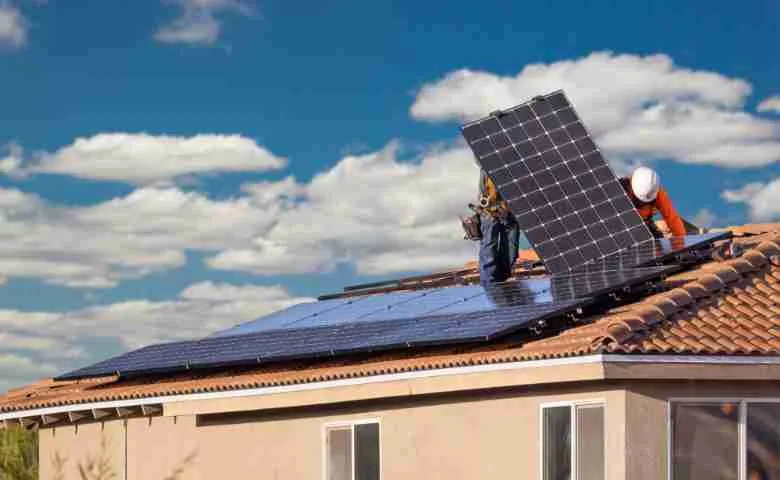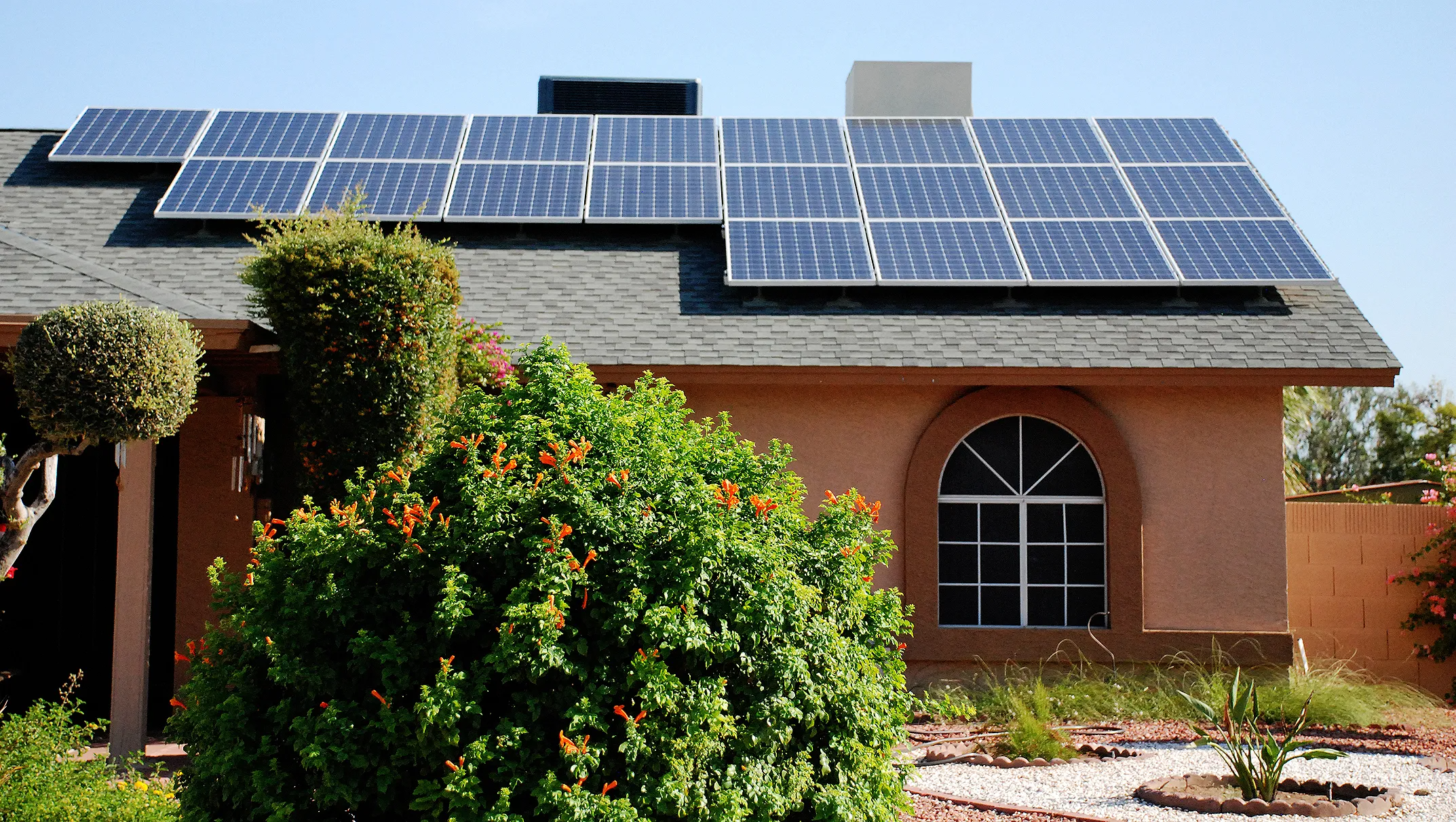
Nevada's solar market holds an impressive sixth position nationwide, per the Solar Energy Industries Association (SEIA) rankings. With the capacity to provide solar energy to more than a million households through installed solar power, Nevada has cemented its place as a leader with more and more residential and business solar systems going online each year.
The state's favorable solar incentives, coupled with high sunlight availability and rising energy costs, make it a prime location for solar energy adoption. Here is every other reason you need to start your solar project in Nevada in 2024.
Nevada Solar Tax Exemptions
Federal Solar Tax Credit
The federal solar tax credit, also referred to as the Investment Tax Credit (ITC), is a national incentive that allows individuals to obtain a tax credit for the costs associated with installing solar panels. This credit offers solar owners a 30% deduction on their total system expenses. For example, if you buy a 10 kilowatt (kW) system for $33,000, your tax credit would equal $9,900.
Additional local incentives can be utilized, including exemptions from Texas’ sales and property taxes.
In 2020, the federal tax credit for solar decreased to 26% but was reinstated to its original rate of 30% in 2022 by the Inflation Reduction Act. This credit will remain accessible until 2034, with a gradual phase-out planned. Here is the schedule:
- The credit will decrease to 26% in 2033
- The credit will decrease to 22% in 2034
- Unless renewed by Congress, the credit will phase out entirely in 2035
Nevada Local Solar Exemptions
While Nevada has implemented legislation supportive of residential solar installations, it currently does not provide financial incentives through local government agencies.
Nevada does a 100% property tax exemption to renewable energy systems used in commercial, industrial, and agricultural settings. There's also a 55% property tax abatement for large-scale solar farms with at least 10 megawatts of capacity.
Unfortunately, residential solar consumers are not as lucky.
HOA’s: Nevada Solar and Wind Easement Laws
Nevada has enacted legislation to ensure access to solar energy for its residents. This includes overriding any covenants, deeds, ordinances, and other legal instruments that may unreasonably restrict the use of solar power systems.
These protections extend to homeowners' associations, preventing them from imposing restrictions on the use of solar panels. Nevada's laws are designed to safeguard the performance of renewable energy systems, prohibiting any measures that would reduce their efficiency by more than 10%.
NV Energy: Energy Storage Incentive Program
NV Energy's Energy Storage Incentive Program is designed to promote the use of energy storage systems in Nevada. The program provides incentives for customers who install qualifying energy storage systems paired with renewable energy systems, like solar panels.
The incentive rates vary based on the type of customer (residential, small business, or large business) and whether the energy storage system can shift energy usage from on-peak to off-peak periods.
The incentive rate depends on your electric tariff:
- Customer with time-of-use (TOU) tariffs: $190 per kWh of storage capacity
- Customer with non-TOU tariffs: $95 per kWh of storage capacity
Please note that these figures may change over time and are subject to program rules and regulations. It's recommended to check NV Energy's official website or contact them directly for the most current information.
Net Metering in Nevada
Nevada's net metering policy is generally considered generous compared to other states. The state's net metering laws have undergone several changes over the years. Before 2015, residents of Nevada received full retail price compensation for any excess solar energy generated. In 2016, the state significantly cut back on net metering compensation but subsequently increased it to more generous levels in 2017.
Owners of solar power systems with a capacity of 25 kW or less are eligible for monthly credits for surplus energy produced, receiving 75% of the retail rates.
However, these net metering credits cannot surpass 100% of your yearly consumption - meaning that any additional energy produced beyond this limit won't result in extra benefits.
How to Enroll in Nevada’s Net Metering Program
Net metering programs can differ depending on the utility company, but there are generally three universal prerequisites:
- Your solar system must adhere to the interconnection stipulations of the utility company.
- Your system should comply with the IEEE 1547 and UL 1741 standards.
- A professional must install your system in accordance with local building regulations, ruling out DIY installations.
NV Energy operates the most extensive net metering program in Nevada. To take part in NV Energy's program, your solar power system must be inspected and approved by city or county building authorities. You can submit your solar project documents and application via the PowerClerk platform. Once your home solar system is authorized, NV Energy will fit a bidirectional power meter and transition you to a net metering tariff.
Nevada Solar Resources
Public Utilities Commission of Nevada
Let US Solar Supplier guide your solar energy project! Consult with us today to match the perfect system to your needs.







